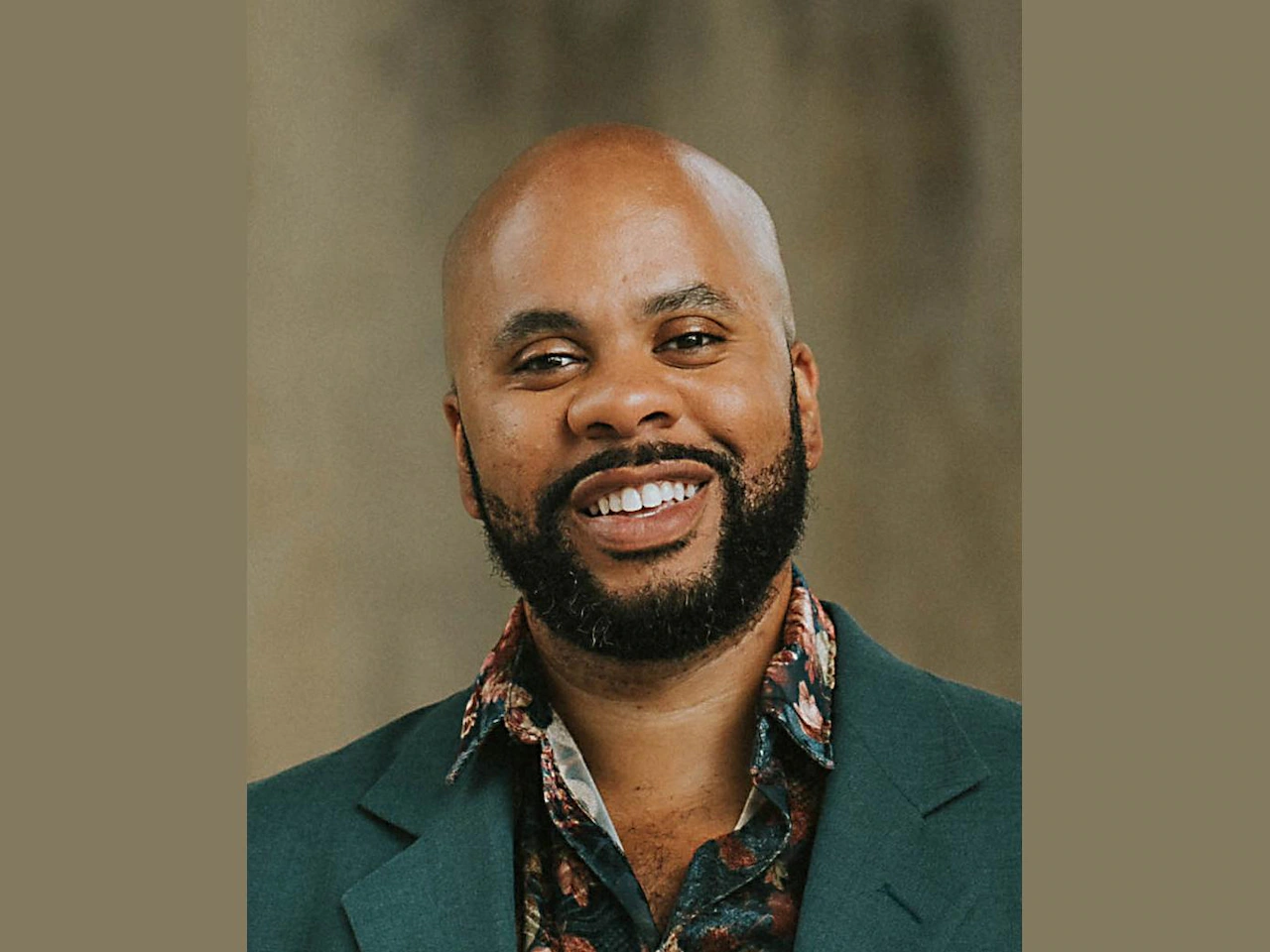Copyright newstatesman

The Chancellor’s fiscal rules have put her under increasing pressure to find tax revenue in the forthcoming budget, and as she scrambles around for solutions that won’t impact working people, it makes ever more political sense to target billionaires who extract wealth through their ownership of extremely unpopular, damaging, predatory sectors. When you think of Britain’s billionaires you might not automatically picture gambling industry tycoons, but among them are Fred “Betfred” Done and Denise Coates, founder of Bet365. Within a climate of economic struggle, online gambling revenues grow year on year. And the main driver of the sector’s profits is its online casino arm, within which slots are the most addictive and most lucrative product. So what’s stopping Rachel Reeves from implementing one of the rare tax rises that would have popular support? The Treasury Select Committee today recommended online casinos be taxed at a higher rate than the bricks and mortar equivalent, on the basis of the harm caused. The MPs involved said that the government should not “cave” to “scaremongering” over tax rises on online gambling. Already, more than more than 100 Labour MPs. have supported a gambling tax. The measure has also been supported by Labour-aligned think tanks like the IPPR and by Gordon Brown, who has argued the revenue raised should go towards lifting the two-child benefit cap. Polling consistently finds taxing online casinos to be the most popular revenue raising measure, and in a context where Rachel Reeves has gestured at potentially increasing income tax there is no excuse for not taxing online casinos until the pips squeak. To deter regulation and tax, the gambling lobby often uses horse racing as its veneer of legitimacy. Horse racing, as a heritage sport and something that actually adds value to local economies, has a lot of soft power that the gambling industry lacks. Millions of people will bet on the Grand National each year, and horse racing is the second most popular spectator sport in the country. But the pageantry of racing has been cynically exploited by the gambling lobby to protect its sector’s primary interest: maintaining the online casino profits that contribute the vast majority of overall gambler losses. 1 in 5 of those who gamble on slots or casino content online develop a gambling problem, and 85 per cent of online casino losses are derived from just 5 per cent of the sector’s customers. It is a commercial model built on optimising engagement to already addictive products, that extracts wealth disproportionately from deprived communities and those losing more than they can afford. Being labour unintensive, it also returns very few jobs and economic multipliers. Both the National Institute of Economic and Social Research and the Social Market Foundation have pointed to the sector’s net-negative economic impact. It is a digital sinkhole that sucks capital out of struggling households — very often to offshore jurisdictions that avoid UK corporation tax. But being offshore does not mean we can’t tax these billionaire-owned companies. Since 2014 online gambling revenues have been taxed at the ‘point of consumption’, meaning UK licensees have to pay remote betting and gaming duty on the profits derived here. Given online gambling firms are predominantly based offshore, their avoidance of UK corporation tax would ideally be offset by setting these duties at a compensatory rate. Particularly given they had avoided all tax and regulation for over a decade prior to 2014 by setting up in tax havens. So what was the rate we chose in 2014 when we started licensing online gambling? 15 per cent. Lower than VAT. In 2019, when the government reduced the maximum stake on Fixed Odds Betting Terminals in betting shops from £100 to £2 a spin, it increased remote gaming duty to 21 per cent to make up for a prospective loss of machine gaming duty. Neither machines nor online casinos have anything to do with bookmaking, of course, which offers bets on racing or sports. Single event betting on horse racing is actually the least harmful form of gambling, compared to gambling on slots online which is the most harmful. On top of the 15 per cent remote betting duty on racing or sports betting, bookmakers also pay a levy of 10 per cent of betting turnover to fund racing. This means online casinos, the most harmful form of gambling, are taxed at 21 per cent while the least harmful is effectively taxed at 25 per cent. So that means if you sign up to an online bookmaker to bet on horse racing, the tax system actually incentivises the cross-promotion of their most addictive content as it is taxed at a comparatively lower rate. This has created a context where more than half of gross gambling revenue is derived from online slots. As Paddy Power co-founder Stewart Kenny told the Treasury Select Committee, within 24 hours of signing up to a betting site “they send you free spins in the casino, for the online slots. That is taking somebody from the least addictive product to the most addictive product.” Key figures in horse racing no longer want to endorse a commercial model that is driving people away from betting on the sport, nor do they want to join in with gambling industry lobbying efforts to bring about outcomes detrimental to racing. That’s why National Trainers Federation and influential racecourse owners backed the Social Market Foundation’s call for online casinos to be taxed at 50 per cent. The proposal would keep the rate of duty and levy paid on racing bets at 25 per cent but would recalibrate the amounts so racing benefits from an increased levy payment. The protection of horse racing is no longer a credible argument the gambling lobby can make to government as to why their online casino business shouldn’t be taxed more. [Further reading: A gambling levy could be a fiscal ace up the sleeve]



